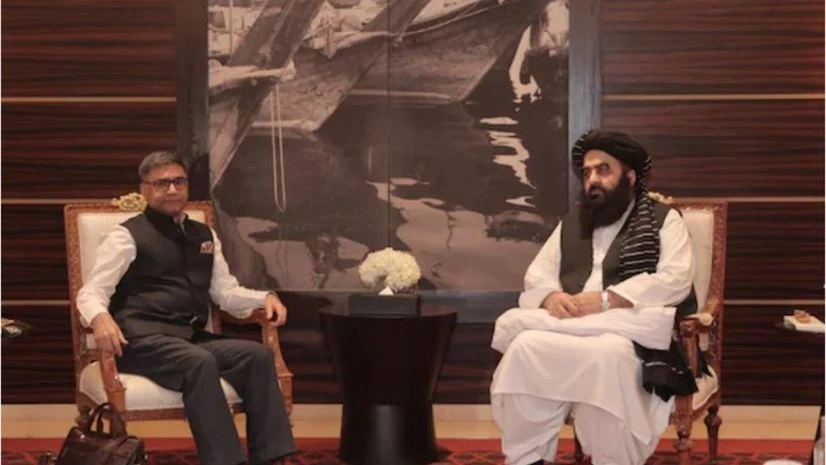The Taliban has made a formal request for the resumption of visas for Afghan businessmen, students, and patients. The appeal was made during a high-level meeting between Afghanistan’s acting Foreign Minister Amir Khan Muttaqi and India’s Foreign Secretary Vikram Misri in Dubai on Wednesday, as revealed by Afghan Foreign Ministry spokesperson Hafiz Zia Ahmad in posts on X.
Why visa issuance is a challenge for India
India’s decision on Afghan visas is complicated by several factors:
1. No official recognition: India does not formally recognise the Taliban government.
2. Security concerns: Intelligence agencies have flagged potential risks tied to visa seekers from Afghanistan.
3. Limited resources: India’s embassy in Kabul has no operational visa services or functional consulates in the country.
Also Read
To ease these concerns, the Taliban assured India that they would carefully vet visa applicants to prevent any security risks.
India’s strict visa policies since 2021
India’s approach to Afghan visas became stricter after the Taliban’s takeover in August 2021. Days after the fall of the previous Afghan government, India cancelled all physical visas issued to Afghan nationals who had not yet travelled. Only e-visas under a special ‘e-Emergency X-Misc’ category were allowed, requiring online applications and approvals.
This policy left many stranded, particularly students enrolled in Indian universities. While some institutions offered online classes as a temporary fix, India’s Ministry of Home Affairs prioritised security concerns over the Ministry of External Affairs’ and Education Ministry’s calls for broader support.
Medical visas have been issued sparingly, and trade activities, especially involving Afghan dry fruit exporters, have slowed significantly since the policy changes.
Why the Taliban is pushing for change
The Taliban’s request for visas comes as Afghanistan faces growing challenges, including a strained healthcare system and worsening relations with neighbouring Pakistan. Many Afghans now look to India for medical treatment and trade opportunities.
Hafiz Zia Ahmad stated that both sides had agreed to facilitate trade and visa processes. However, India’s official statement only highlighted its readiness to support Afghanistan’s developmental needs, with no direct mention of visas, reported The Indian Express.
India’s diplomatic dilemma
Granting visas would require a broader commitment from India, such as reopening consulates and increasing staff at its Kabul embassy. This would not only be a logistical decision but also a political one, potentially signalling deeper engagement with the Taliban government.
Currently, India operates a small technical team in Kabul, primarily focused on humanitarian aid and limited engagement with Taliban officials. Expanding services would involve both diplomatic and security considerations.

)